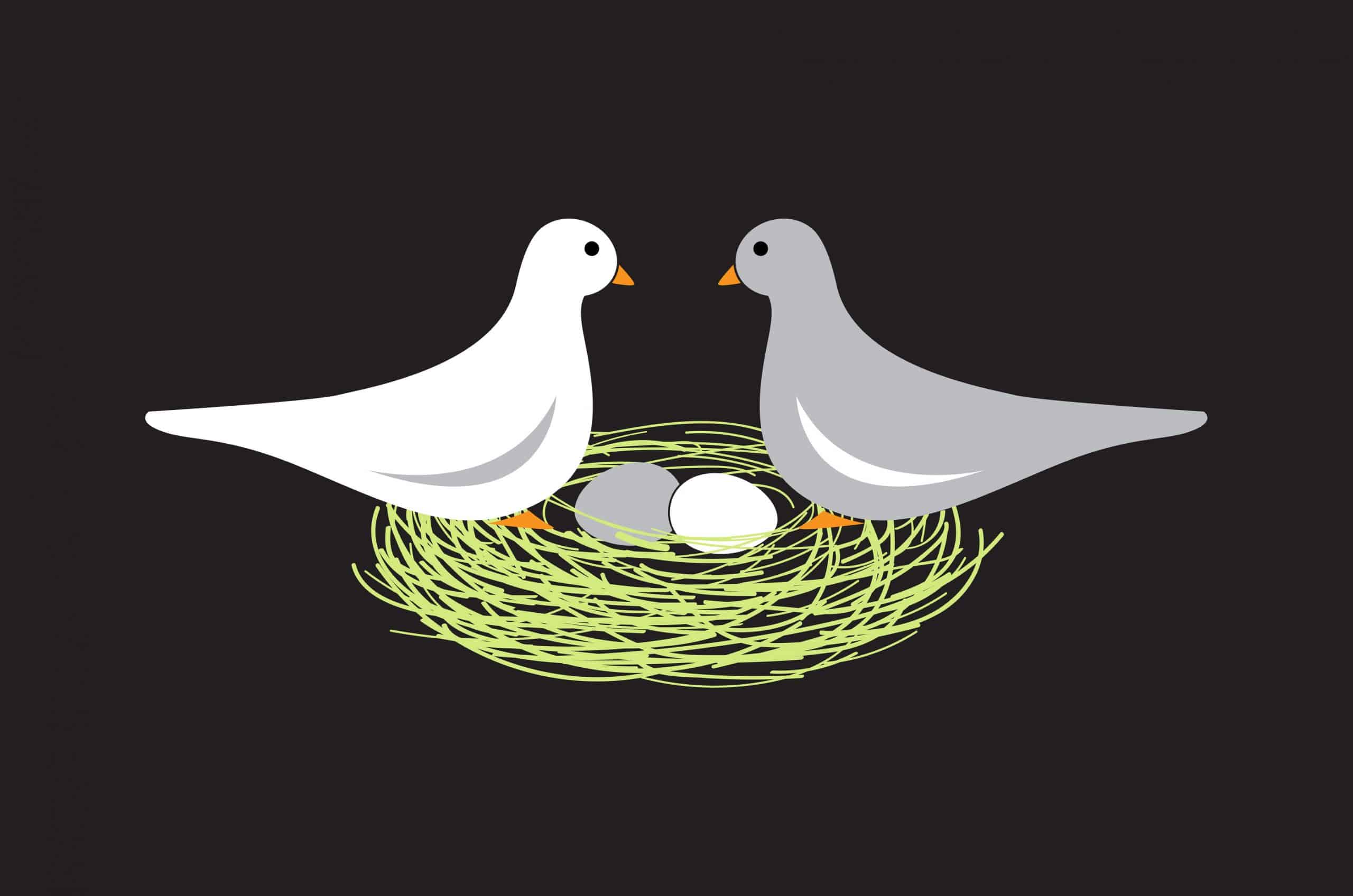For years, the concept of “empty nest syndrome” has loomed large in our cultural consciousness. It’s a term that evokes images of bereft parents, sadly puttering around a suddenly too-quiet house, at a loss for what to do with themselves now that their children have grown up and moved out. Pop culture and folklore would have us believe that an empty nest is a recipe for depression, loneliness, and a loss of purpose.
But here’s the surprising truth: the notion of empty nest syndrome is largely a myth. Despite what you may have heard, research shows that for the vast majority of parents, sending the kids off into the world is not accompanied by a surge of negative emotions. In fact, many couples find that this new phase of life brings with it a host of positive changes and opportunities.
“Many empty nesters report feeling closer to each other and sharing more activities, which could encourage contagion processes.”
A study published in the journal Personality and Social Psychology Bulletin titled “In It Together: Relationship Transitions and Couple Concordance in Health and Well-Being” delved into this topic. The researchers analyzed data from over 3,500 German couples and nearly 2,000 Australian couples, following their journeys over two decades. What they discovered challenges the conventional wisdom about the empty nest transition.
Better Life Satisfaction
The study found that “contrary to our expectations, couples were more likely to be concordant in slopes—or concordance was stronger—for life satisfaction, self-rated health, physical health, and mental health after the empty nest transition.” In other words, rather than spiraling into depression together, many couples actually became more in sync in their overall well-being and contentment after their children left home.
All About Us
This makes sense when you think about it. While raising children is undoubtedly one of life’s greatest joys and privileges, it’s also a lot of work. For years, your time, energy, and resources have been largely devoted to caring for your kids. Naturally, this can put a strain on your relationship with your partner. Many parents, understandably, put their own needs and their connection as a couple on the back burner during the child-rearing years.
But when the kids move out, suddenly you have the opportunity to rediscover yourselves as individuals and as a couple. You have more time for hobbies, travel, and focusing on your own personal growth. You can reconnect with your partner, going on dates and enjoying shared activities in a way you may not have been able to for years. Many empty nesters report feeling closer to each other and appreciating their relationship in a new light.
Feeling Good is Catchy
The study authors note that “Many empty nesters report feeling closer to each other and sharing more activities, which could encourage contagion processes.” This idea of “contagion processes” means that positive emotions and experiences tend to be catching – when one partner is feeling good, it often rubs off on the other. An empty nest can provide the space for these positive feedback loops to flourish.
Of course, the transition to an empty nest is still a major life change, and it’s normal for it to come with some challenges and adjustments. You may grapple with your changing identity, from being a full-time parent to redefining yourself in other ways. It’s understandable to feel a sense of loss and to miss having your children around on a daily basis. But that’s not the whole story, and not even the main theme of the story.
Second Honeymoon
Data collected from parents undergoing the empty nest transition have mostly not confirmed this dark view. Some research has linked an empty nest with better well-being and self-rated health (sometimes called the ‘second honeymoon’).
But overall, the evidence suggests that these challenges are often outweighed by the newfound freedoms and opportunities that an empty nest affords. So if you’re approaching this milestone with some trepidation, take heart. Your best years may very well still be ahead of you.
Embrace this new chapter. Take that trip you’ve always dreamed of. Sign up for that art class. Have long, uninterrupted conversations with your partner. Rediscover the hobbies and passions you set aside while raising your family. Volunteer, take up new challenges at work, deepen your friendships. The world is your oyster.
And don’t worry – your relationship with your kids isn’t over just because they no longer live under your roof. In fact, many parents find that their relationship with their adult children actually improves and deepens during this stage, as you relate to each other more as equals and friends.
So go ahead and transform that empty bedroom into the art studio, workshop or guest room you’ve always wanted. Embrace the joys, challenges and opportunities of this new life stage. The empty nest isn’t something to fear – it’s something to celebrate. Spread your wings and fly!
Reference
Weber, E., & Hoppmann, C. A. (2023). In it Together. Personality and Social Psychology Bulletin 1–15.



I was a traditional stay-at-home mother, with 6 home-educated children. Along with one infant death and the death of one of those 6 I had to learn to redefine my “purpose” and re-explore my marital relationship as each child left me. Definitely recommend Couples therapy at this stage of life.